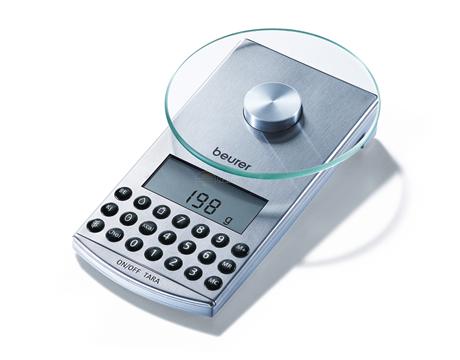Nutritional assessment

A clinical evaluation of an individual’s nutritional status, typically as part of a ROUTINE MEDICAL EXAMINATION or as a direction of the diagnostic path when evaluating symptoms that suggest NUTRITIONAL DEFICIENCY, MALNUTRITION, gastrointestinal disorders, and systemic (bodywide) disease. Routine nutritional assessment is particularly important for the very young and the very old.
A nutritional assessment begins with measurement of height and body weight; physical examination to detect any signs or indications of nutritional deficiency; and a discussion of the person’s EATING HABITS, including the kinds and amounts of food consumed over the course of a day or a week. Basic BLOOD tests can measure the levels of key NUTRIENTS in the blood circulation or nutrients the doctor suspects are deficient (such as iron). The doctor may conduct further tests, depending on the person’s health circumstances.
The doctor may also measure UPPER ARM CIRCUMFERENCE, TRICEPS SKINFOLD, WAIST CIRCUMFERENCE, and hip circumference, factors that allow the doctor to quantifiably assess BODY FAT PERCENTAGE as well as loss of MUSCLE tissue in suspected nutritional disorders. From these measurements the doctor or nutritionist can calculate BODY MASS INDEX (BMI), basal metabolic rate (BMR), resting metabolic rate (RMR), and anticipated daily CALORIE requirements based on the person’s lifestyle, weight management needs, and unique health circumstances.
See also AGING, NUTRITION AND DIETARY CHANGES THAT OCCUR WITH; DIET AND HEALTH; EXERCISE AND HEALTH; METABOLISM.